ACT Book of the Year
Shortlist 2017
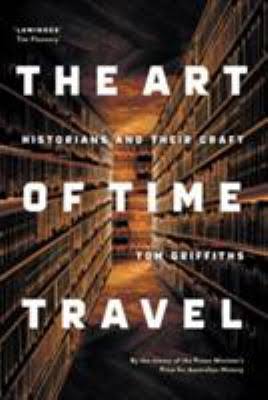 | Tom Griffiths The Art of Time Travel : Historians and their craft Black Inc. Books | 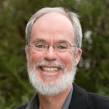 |
PANEL COMMENTS
This celebration of history and historians moves easily from the broad perspective - what history is and what it does - to a detailed account of the work of fourteen authors. Griffiths shows how history can be based on landscape, on streets and houses, on retrieved objects as well as from written sources. This is a work of scholarship and research that is accessible to general readers who will find authors that they want to read, or re-read, as well as ideas about how we live in relation to the past. That Griffiths is able to draw on his intimacy with many of his chosen authors adds to the relaxed and conversational quality of his writing.
SYNOPSIS
No matter how practised we are at history, it always humbles us. No matter how often we visit the past, it always surprises us. The art of time travel is to maintain critical poise and grace in this dizzy space.
In this landmark book, eminent historian and award-winning author Tom Griffiths explores the craft of discipline and imagination that is history.
Through portraits of fourteen historians, including Inga Clendinnen, Judith Wright, Geoffrey Blainey and Henry Reynolds, he traces how a body of work is formed out of a life-long dialogue between past evidence and present experience. With meticulous research and glowing prose, he shows how our understanding of the past has evolved, and what this changing history reveals about us.
Passionate and elegant, The Art of Time Travel conjures fresh insights into the history of Australia and renews our sense of the historian’s craft.
ABOUT THE AUTHOR
Tom Griffiths is the W K Hancock Professor of History at the Australian National University and the author of Slicing the Silence: Voyaging to Antarctica(2007), Forests of Ash: An Environmental History (2001) and Hunters and Collectors: The Antiquarian Imagination in Australia (1996). His books and essays have won prizes in literature, history, science, politics and journalism, including the Prime Minister’s Prize for Australian History, the Alfred Deakin Prize for an Essay Advancing Public Debate, and the Douglas Stewart and Nettie Palmer Prizes for Non-Fiction.
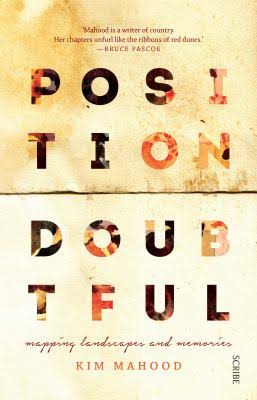 | Kim Mahood |  |
PANEL COMMENTS
Position Doubtful is a sensitive and beautifully written account of the artist and author Kim Mahood’s intimate personal, creative and intellectual engagement with the Tanami desert of Western Australia and its Indigenous people. Having grown up in that country herself among many of the people who feature in her highly engaging stories and reflections, Mahood writes with great sensitivity and insight about the personal, artistic and ethical issues involved in negotiating a difficult colonial history and its legacies for settler and Indigenous Australians.
SYNOPSIS
Imagine the document you have before you is not a book but a map. It is well-used, creased, and folded, so that when you open it, no matter how carefully, something tears and a line that is neither latitude nor longitude opens in the hidden geography of the place you are about to enter.
Since the publication of her prize-winning memoir, Craft for a Dry Lake, in 2000, writer and artist Kim Mahood has been returning to the Tanami desert country in far north-western Australia where, as a child, she lived with her family on a remote cattle station. The land is timeless, but much has changed: the station has been handed back to its traditional owners; the mining companies have arrived; and Aboriginal art has flourished.
Comedy and tragedy, familiarity and uncertainty are Mahood’s constant companions as she immerses herself in the life of a small community and in groundbreaking mapping projects. What emerges in Position Doubtful is a revelation of the significance of the land to its people — and of the burden of history.
Mahood is an artist of astonishing versatility. She works with words, with paint, with installations, and with performance art. Her writing about her own work and collaborations, and about the work of the desert artists, is profoundly enlightening, making palpable the link between artist and country.
This is a beautiful and intense exploration of friendships, landscape, and homecoming. Written with great energy and humour, Position Doubtful offers a unique portrait of the complexities of black and white relations in contemporary Australia.
ABOUT THE AUTHOR
Kim Mahood is an award-winning Australian writer and artist. Her 2000 memoir, Craft for a Dry Lake, won the NSW Premier’s Award for non-fiction and the Age Book of the Year for non-fiction. Her artwork is held in state, territory, and regional collections. Position Doubtful was shortlisted for the 2017 Victorian Premier’s Award for non-fiction and the 2017 Australian Book Industry Award for the Small Publishers' Adult Book of the Year.
 | Laura Dawes Fighting Fit : the wartime battle for Britain's health Orion Books |  |
PANEL COMMENTS
This story of Britain’s quest to keep its population alive and healthy during the Second World War is an absorbing read. Dawes’s book is well structured, witty, and full of fascinating detail and telling anecdote. We discover how an embattled society came together to survive, and yet in many ways came to thrive. The author presents, among other things, rationing, supply of blood for transfusions, bomb shelters, anxiety about epidemics, and how difficult it was for Britons in that era to admit the existence of sexually transmitted diseases, treating all with the same admirable clarity and insight.
SYNOPSIS
At the beginning of the Second World War, medical experts predicted epidemics of physical and mental illness on the home front. Rationing would decimate the nation's health, they warned; drugs, blood and medical resources would be in short supply; air raid shelters and evacuation would spread diseases; and the psychological effects of bombing raids would leave mental hospitals overflowing. Yet, astonishingly, Britain ended the war in better health than ever before.
Based on original archival research and written with wit and verve, Fighting Fit reveals an extraordinary, forgotten story of medical triumph against the odds. Through a combination of meticulous planning and last-minute scrambling, Britain succeeded in averting, in Churchill's phrase, the 'dark curse' on the nation's health. It was thanks to the pioneering efforts of countless individuals - doctors, nurses, social workers, boy scouts, tea ladies, Nobel Prize winners, air raid wardens, housewives, nutritionists and psychologists - who battled to keep the nation fit and well in wartime. As Laura Dawes shows, these men and women not only helped to win the war, they paved the way for the birth of the NHS and the development of the welfare state.
ABOUT THE AUTHOR
Laura Dawes is a writer and historian, specialising in medical history. She runs a historical consultancy business working with organisations around the world including the Wellcome Trust in London. Dr Dawes's first book, Childhood Obesity in America : Biography of an epidemic, was published to wide acclaim in 2014. She holds a PhD from Harvard University in History of Science, a Masters degree with distinction from Oxford University and a Bachelors degree with first class Honours from Murdoch University in Western Australia where she also won the University Medal. Dr Dawes has received numerous academic awards, prizes and fellowships, including the Frank Knox Fellowship at Harvard, the Clarendon and Chevening Scholarships at Oxford, a Warren Center Research fellowship, Harvard Dissertation Fellowship, Vice-Chancellor's Awards for Academic Excellence, a Bicentennial Fellowship, the Frank Gillespie Prize, the Ronald Searcy Prize, the Parnell O'Connor Prize for creative writing and a Special Award for Creative Writing.
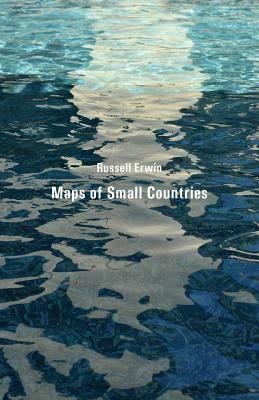 | Russell Erwin Maps of Small Countries Ginninderra Press |  |
PANEL COMMENTS
Erwin’s poems explore moments of intensity in a deceptively simple style. They capture the strangeness of a familiar landscape when you work in it by moonlight, the sounds of a house when the power is cut off, the sight of an old man mowing round the family graves, and meeting children getting off the school bus. Above all, they throw a new light on the perennial subjects of death and loss, with a tone that is grave but never sentimental.
SYNOPSIS
Memoir and celebration, meditation and exploration, sketches and simple vignette, these are some of the varied fields through which Russell Erwin takes his readers in this latest collection, which bears the hallmarks of his earlier work – an attention to the physical, sensual world, unsurprising in one who makes his living by farming in the Southern Tablelands of NSW, a muscularity of language and a fondness for the striking image. But here it seems is a more assured handling of material, a poet more reflective and celebratory without any loss of accessibility and immediacy. He ranges from a suburban childhood to delicate and joyful pieces welcoming the birth of a granddaughter, from moving elegies for parents, to songs of loss, particularly the prize-winning ‘And Still’, and of course poems which have grown from the earth of his farming life. Each poem is, in its own way, a map of a small country into which the reader is invited to enter and share.
ABOUT THE AUTHOR
Russell Erwin lives among the quiet pastures and circling blades of wind farms in the Bannister district where he spends his days fencing. He has published five poetry collections. He also won the 2015 Dorothy Porter Poetry Prize and was included in Black Inc’s Best Australian Poems 2015. His book Taken By The Enemy was also been shortlisted for the Age Book of the Year Award. His other books include: Clear Hills Empty Sky, From Here, Taken By The Enemy and Towards An Imminent Arrival.
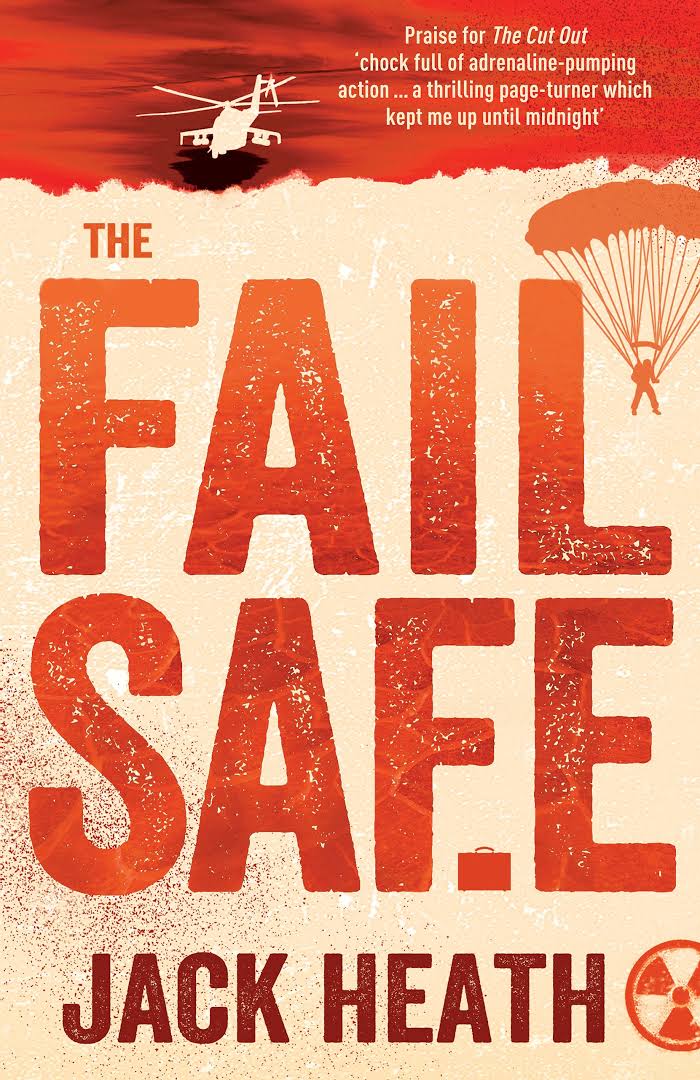 | Jack Heath | 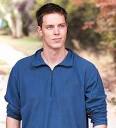 |
PANEL COMMENTS
This is a tale of hairsbreadth escapes and breathless surprises but it is one that refuses the notion of goodies and baddies which so often comes with the genre. Like the reader, its protagonist has to come to terms with the realisation that his own side is as ruthless and amoral as the enemy. The plot is skilfully handled and keeps the reader guessing right up to the last page.
SYNOPSIS
Fourteen-year-old Fero doesn't know who to trust - the country that turned him into a boy soldier or the one that turned him into a spy - in this chase to stop a nuclear war.
Fero knelt down. As he put his hands up he turned his head to look at the man pointing the gun. It was Wilt. Fero tried to look shocked. 'Dad? What are you doing here? 'Everyone seems to know who Fero is - except Fero. Is he a ruthless boy soldier from Besmar, or an innocent teen recruit from Kamau?
He's running out of time to decide. If he doesn't help a renegade spy steal a politician's briefcase, his two countries could end up in a full blown nuclear war - the kind that no one wins.
ABOUT THE AUTHOR
Jack Heath is the internationally bestselling author of The Cut Out and many other action-packed thrillers for young people. In the course of his research he has trained with firearms, performed street magic, visited morgues and prisons, and travelled through Russia. He was shortlisted for Young Australian Of The Year, the Aurealis Sci-Fi Book Of The Year and several other awards. When he's not touring schools, libraries and festivals around the world he lives in Canberra with his wife and their son.
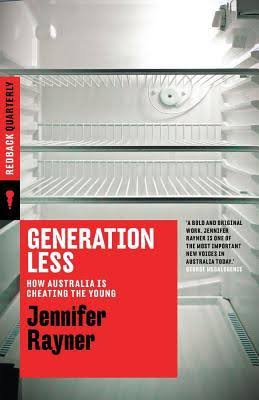 | Jennifer Rayner | 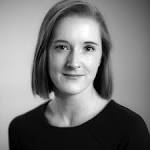 |
PANEL COMMENTS
This short text is well researched as well as giving a sense of expressing personal experience. It introduces new ideas about the direction in which our society is heading and speaks up for a generation which is being sidelined and whose needs are being ignored. Rayner also presents a convincing case for young people to engage with politics of various kinds in order to improve their present lives and the lives of future Australians.
SYNOPSIS
A country that makes no room for the young is a country that will forfeit a fair future. This must not become Australia.
Today’s young Australians are the first generation since the Great Depression to be worse off than their parents. And so, just as we have seen the gap between rich and poor widen over recent decades, we’re beginning to see young and old pull apart in ways that will wear at our common bonds.
It’s time to decide what kind of future we want for this country. Will it be one where young Australians enjoy the same opportunities to build stable, secure lives as their parents and grandparents had? And can we do right by the elderly without making second-class citizens of the young.
Urgent and convincing, Generation Less investigates the life prospects of young Australians. It looks at their emotional life, their access to credit, education and fulfilling jobs, and considers whether they will ever be able to buy a house. A wake-up call for young and old alike, Generation Less is a smart, funny and ground-breaking blueprint for a fairer future.
ABOUT THE AUTHOR
Jennifer Rayner was born into the aspirational suburbia of the Hawke years, and came of age in the long boom of the Howard era. Her lifetime has tracked alongside the yawning inequalities that have opened up across the Australian community in the past 30 years. She has worked as a federal political adviser, an international youth ambassador in Indonesia and a private sector consultant, and holds a PhD from the Australian National University.

